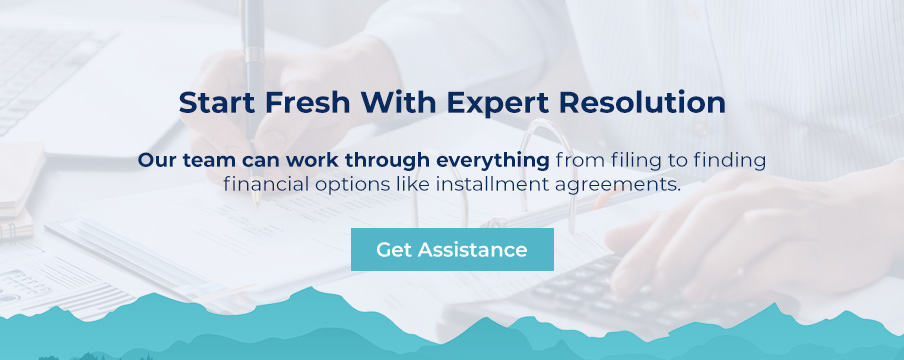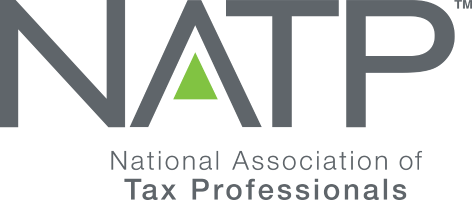Life gets hard sometimes, leading you to miss responsibilities like filing your taxes. The process might seem daunting as the paperwork piles up or gets lost. However, five years without filing taxes could lead to growing penalties and collection actions from the Internal Revenue Service (IRS). When you file your taxes, you no longer have to wonder what could happen. You can face the issue head-on and find resolution options.
What Are the Penalties for Not Filing Taxes for Five Years?
Here are the penalties you could face:
- Failure to file penalty
- Failure to pay penalty
- Interest on unpaid taxes
The good news is that if you don’t owe money for any of the five years, these penalties won’t apply. However, if you owe money, the penalties and interest will pile up. The amount you will need to pay is higher for each month you miss. By not filing taxes for five years, you also miss out on refunds and credits that are three years old or more.
IRS Actions: Substitute Returns and Forced Collection
If you haven’t filed taxes in five years, the IRS has sent multiple notices and will begin to seek alternative ways to get payment from you. Here are some of the actions they may take.
Substitute Returns
The IRS will begin by preparing and filing substitute returns using the income information they can find. They may start to file these returns as early as about three years after the due date to file. If you have gone five years without filing, you will likely face several substitute returns.
Forced Collection
If you receive the final notice of a substitute return and still haven’t paid, the IRS may begin to take collection actions, such as:
- A lien: With a lien, the government doesn’t collect money but puts a legal claim on property like your home, car or bank accounts. This action may impact your credit and make selling harder.
- Levies: This action is a legal seizure of property, like money in your bank account, to satisfy tax debts. The government will begin to levy after sending a notice of its intent. Liens typically happen first.
- Wage levies: This type of levy, also called wage garnishment, means part of your wages will go to the government until overdue taxes are paid or you make arrangements to pay.
You Can Still Fix It
With each new year that passes, your taxes may seem like more than you can handle, but it is possible to get caught up. It may take more work, but experts like our team at BC Tax can help. We know it takes courage to confide in someone else, but we have worked with many others in similar situations. Working with experts like us can help you organize the necessary paperwork and find options to lessen the financial burden, such as the following avenues.
Payment Plans
The government offers options to let you pay off tax debt over time. A short-term plan requires you to pay in 180 days or less. A long-term plan requires monthly payments until you pay the taxes owed, plus penalties and interest. These options also stop collection actions like levies to provide relief.
Reduction or Delayed Collection
You may also be able to reduce or delay collection by:
- Seeking relief for failure to file and failure to pay penalties
- Settling the debt for less than what you owe, based on factors like ability to pay and expenses
- Requesting delayed collection actions if you can’t pay the amount currently
Start Fresh With Expert Resolution
Five years of unfiled taxes may seem overwhelming, but we’re here to help you with every step. Our team can work through everything from filing to finding financial options like installment agreements. Contact us for assistance clearing your past taxes for a fresh start.


 1-800-548-4639
1-800-548-4639








